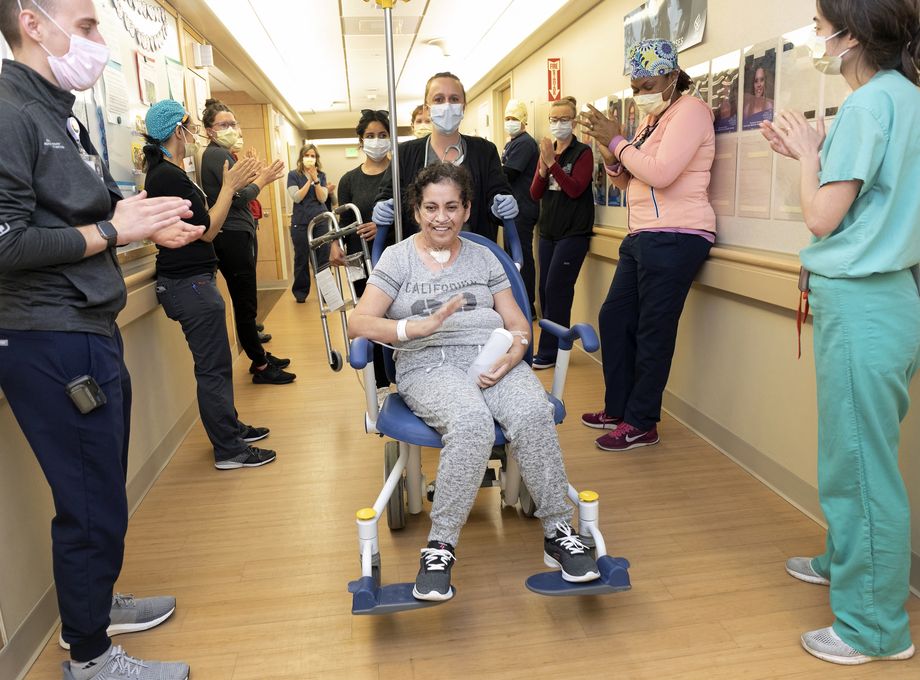Yes, everything the health service does imposes a logistic burden on the health service, that's a truism. The important question to ask is how big a burden. Stockpiling PPE, for instance, is really just a question of preparation. The countries that had severe problems mostly just failed to prepare: and even then, the UK for instance avoided critical exhaustion of PPE, albeit uncomfortably narrowly.No, it's people jumping to conclusions because they're only thinking in terms of mortality rates and critical care, as opposed to the approximately 14-15% of COVID-19 cases that require medical intervention but not necessarily hospitalization or critical care, because those cases impart a logistic burden on the health care system and supply lines as well.
It's all about efficiency and minimising manpower - the UK installed telehealth years ago. But they are also (relatively) easy services to expand.Food for thought: do you think the only benefit of telehealth services and drive-through testing is to limit contact between patients and care providers, and thereby minimize potential spread? Or is it also to minimize the amount of labor-hours needed per patient, in terms of administrative and clerical staff, and care providers?
The issue is about acquiring things that can't be stockpiled or have production ramped up in a short period, and the non plus ultra is healthcare staff. They're around a minimum of 2-3 years to produce, and well over 5 years for more specialised ones. There is only so much work they can do, which cannot be expanded much (never mind doing so increases risk of errors in healthcare, and depletion of staff through illness and burnout). To a lesser extent, some forms of medical equipment and facilities may also be relatively hard to procure (say, months).
So what really put a drain on healthcare staff resources? Answer, hospitalisations. Staff per patient requirements for hospital treatment, particularly severe and critical care, is much higher than primary health. In terms of covid-19, if a patient isn't hospitalised, they're at home looking after themselves and virtually no burden at all.







